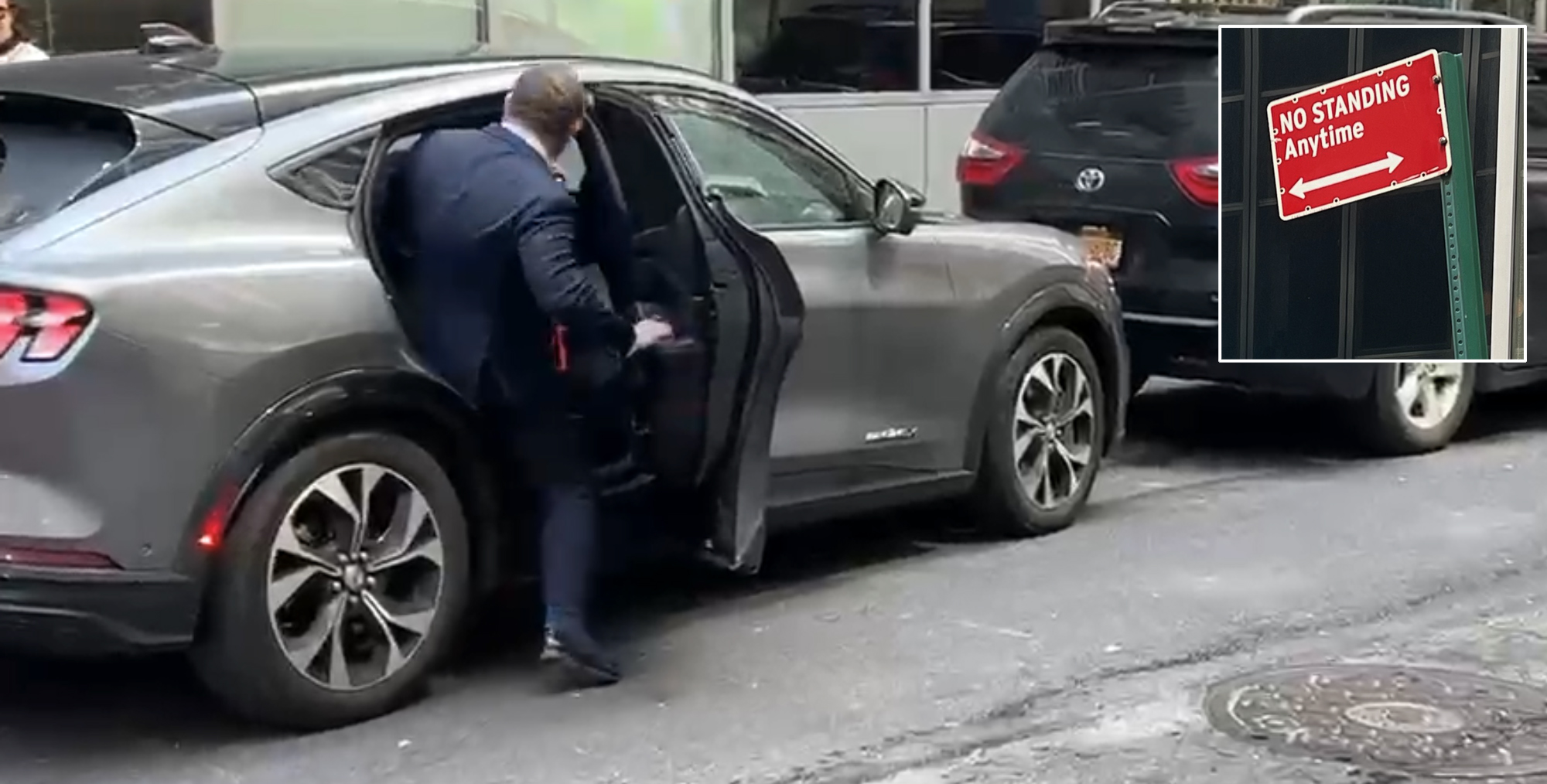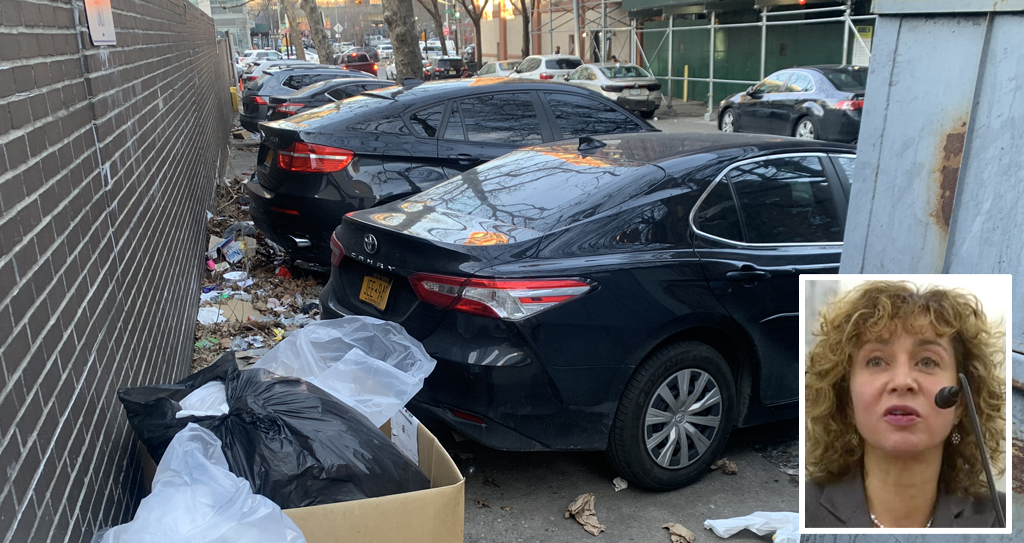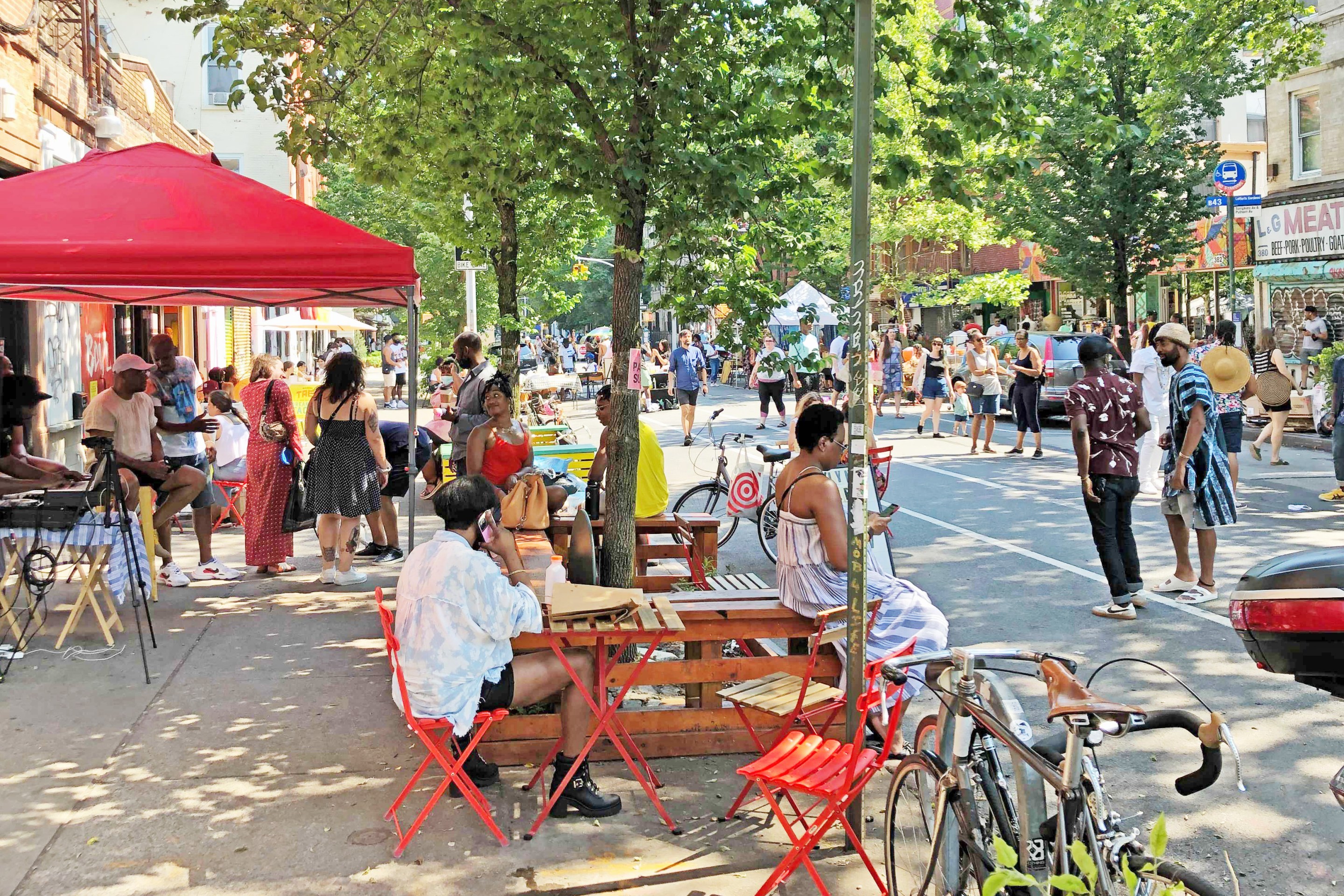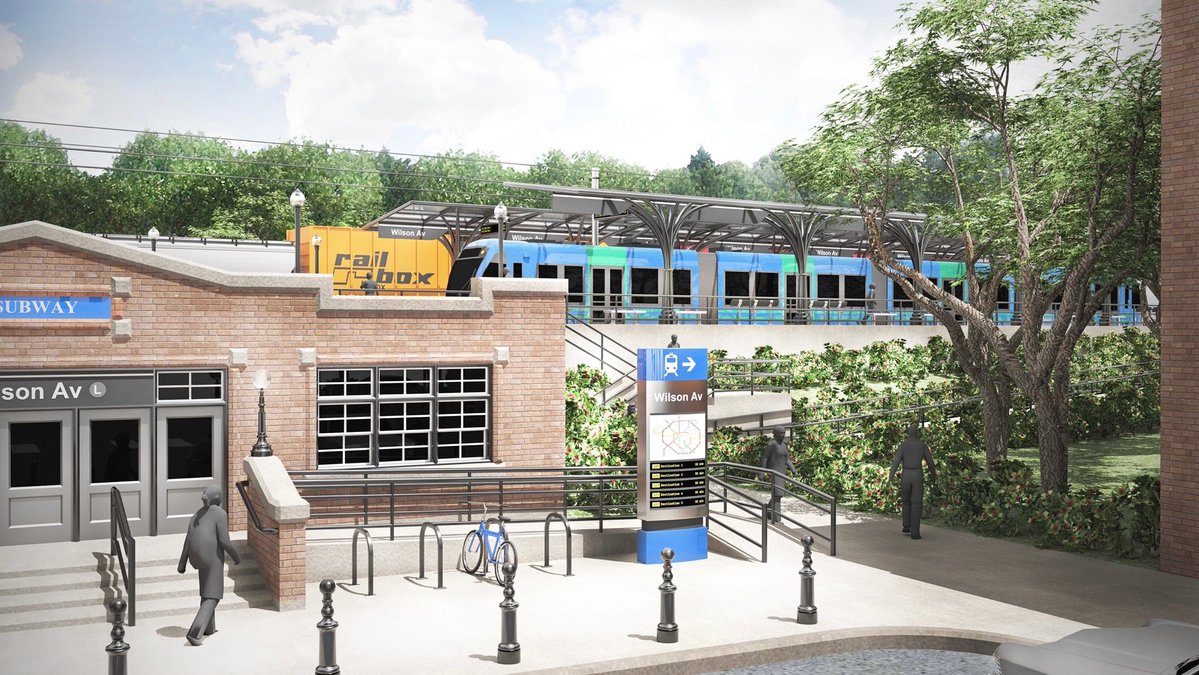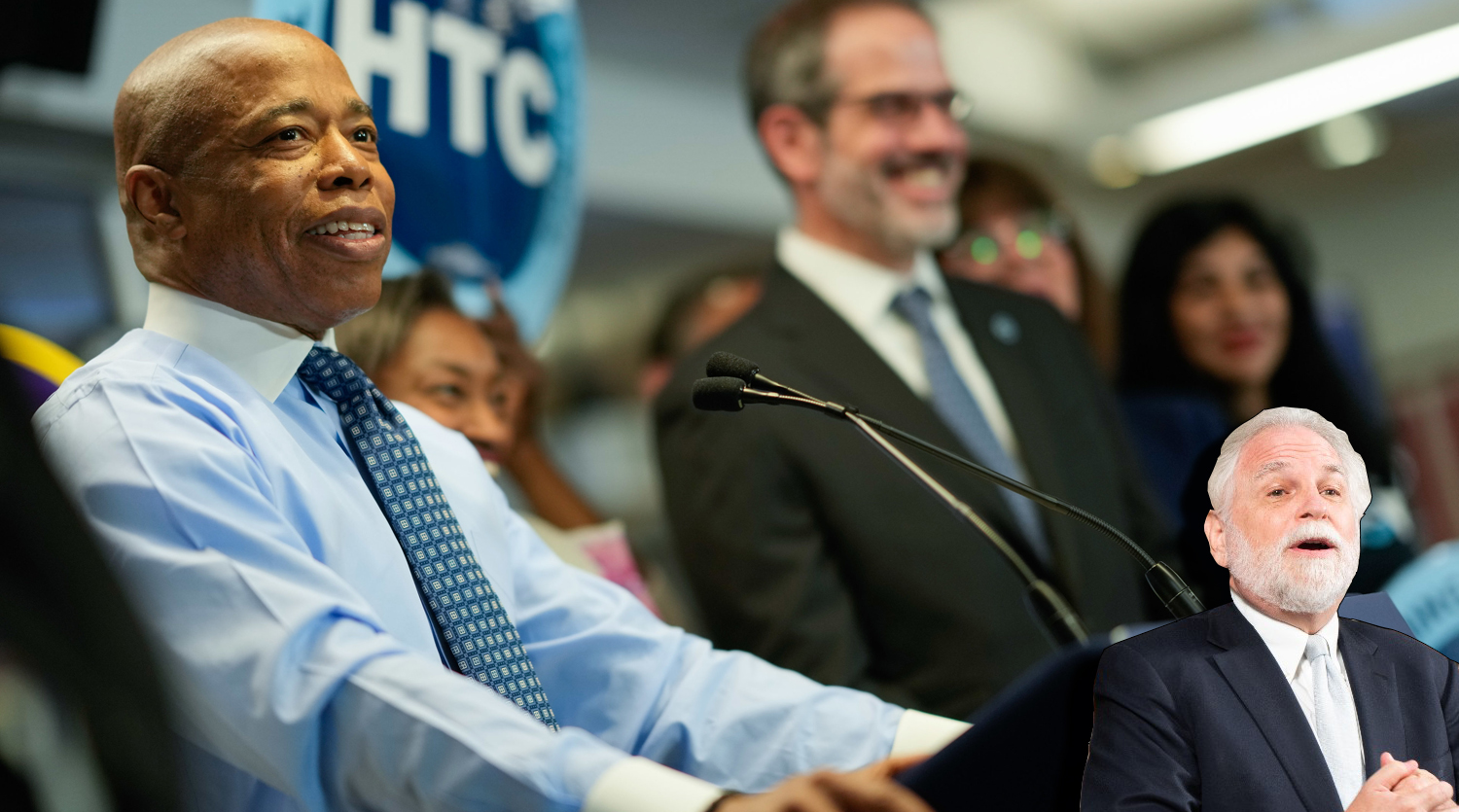
Different modes could be funded from the same pot, with allocations based on performance measures.
The beginning of 2008 has seen a flurry of debate -- at least in wonkish circles -- over federal transportation spending. In January, the bi-partisan Surface Transportation Commission released a report two years in the making, "Transportation for Tomorrow," which was promptly badmouthed by U.S. Transportation Secretary Mary Peters for a gas tax hike proposal and partially redacted by the Bush administration to remove a section advocating for public transportation. Just last week the White House proposed paying federal highway obligations by "borrowing" from a fund set aside for transit. With the federal highway bill up for re-authorization next year, huge sums of money are on the line, not to mention the direction of US transportation policy.
One of the new phrases getting tossed around in these discussions is "mode-neutral" funding, which entails allocating money based on pre-determined criteria and cost-benefit analysis, instead of earmarks for roads or transit. Here is FTA Administrator James Simpson (a Bush appointee and former MTA board member), addressing the American Public Transit Association last October:
“Don’t think mode, think people.” That’s become our motto.
I believe that suchmode-neutral thinking is central to a new paradigm in transportation. I believe that we must stop thinking in terms of mode--no more highwaysversus transit or bus versus rail. Instead, we MUST think in terms ofpeople and focus on our customers.
And here is syndicated columnist Neal Peirce, endorsing the transportation commission's report:
...the commission faced the necessity of a dramatic rise in the federal gas tax, to 40 cents a gallon, indexed to inflation. And it sought accountability by combining today’s 108 federal transportation funding lines (for transit, highways, railroads, etc.) into 10 goal-oriented programs such as “Congestion Relief,” “Energy Security” and “Saving Lives.” The system would be performance-driven, outcome-based, mode-neutral -- a far call from today’s morass of earmarked transportation projects and billions flowing to states for still more highways.
So would mode-neutral transportation funding benefit a livable streets agenda? The short answer: "It depends."
The long answer goes back to the end of 2006, when mode-neutral funding first gained currency. It was a guiding principle of the Eddington Report, an exhaustive study of the UK transportation network released that December. The report got attention for proposing a national road pricing mechanism, but several core recommendations were less audacious, calling for maintenance and incremental improvements instead of big capital projects.
"'Fix it first' comes out first," said transportation expert David Burwell, who answered my questions about mode-neutral funding in a phone interview last week.
That means expensive projects like Moynihan Station would probably have fewer federal dollars to count on, but less capital-intensive projects, like Bus Rapid Transit, may stand to gain. And a mode-neutral approach bodes poorly, as Peirce suggests, for costly road-widening projects that have no long-term impact on congestion.
In the end, much depends on the criteria used to evaluate performance. Hypothetically, a mode-neutral transportation agenda could set goals of reducing VMT and emissions, then dispense money to the most cost-effective means of achieving those outcomes.
For now, says Burwell, all the talk of mode-neutral funding in the US is moot, because "no one cares about performance; they care about earmarks."
"We don't collect the data that would allow us to have an effective cost-benefit analysis," he added. "The only performance measure that US DOT asks state DOTs is, 'Did you spend the money?'"
Photo: Marionzetta / Flickr

